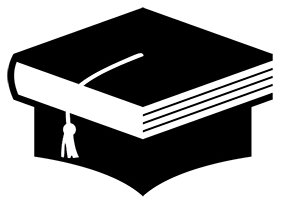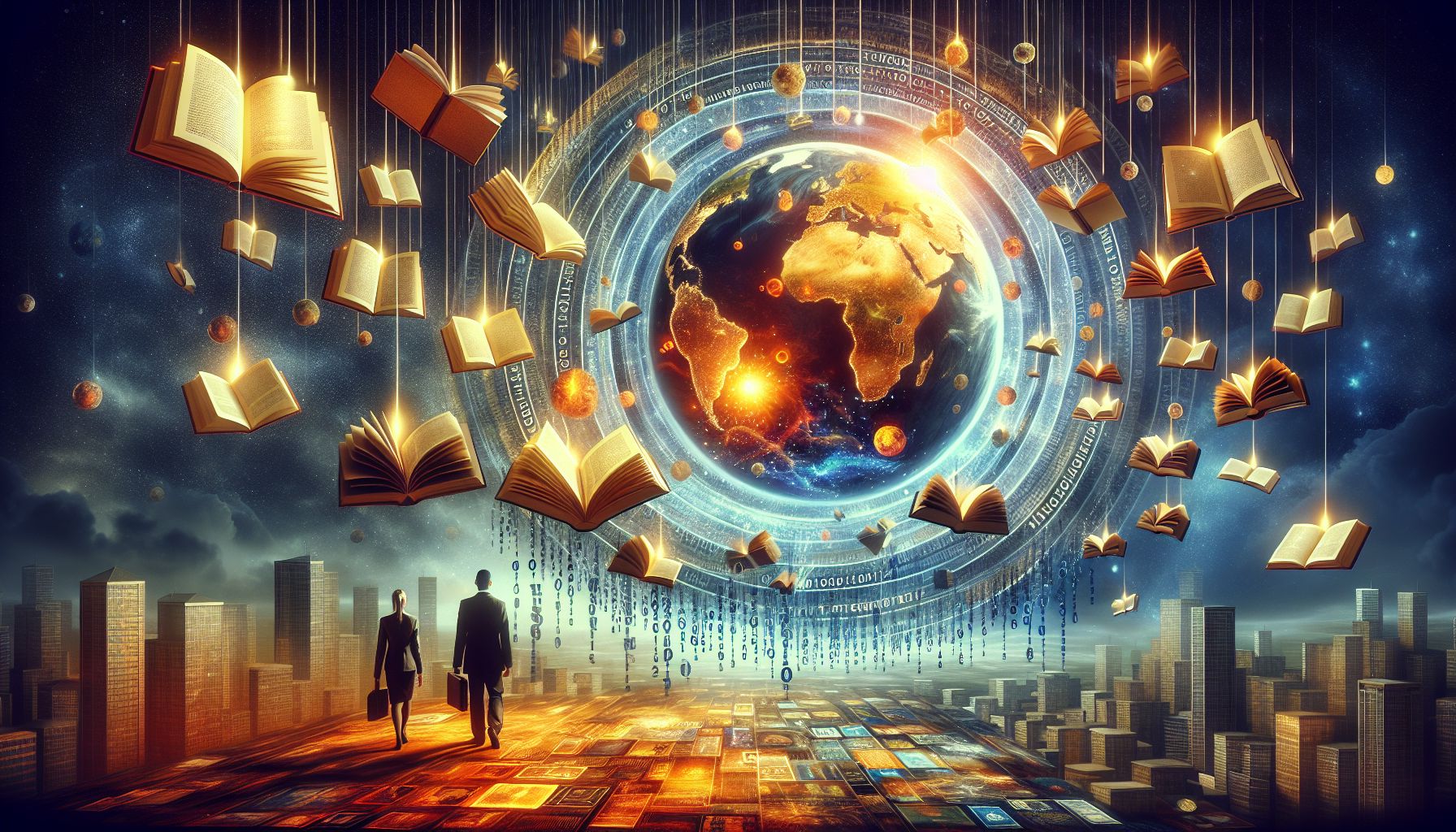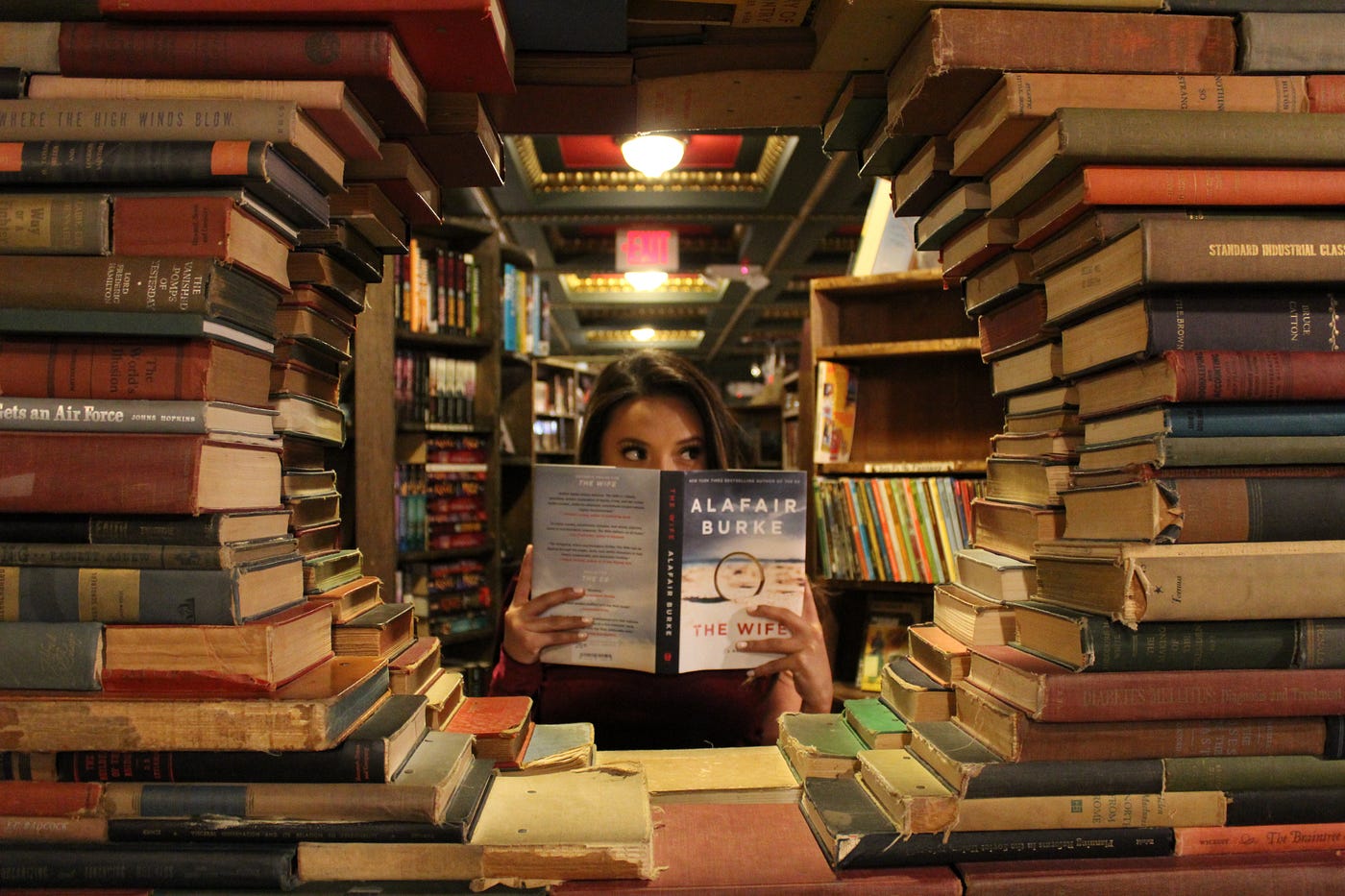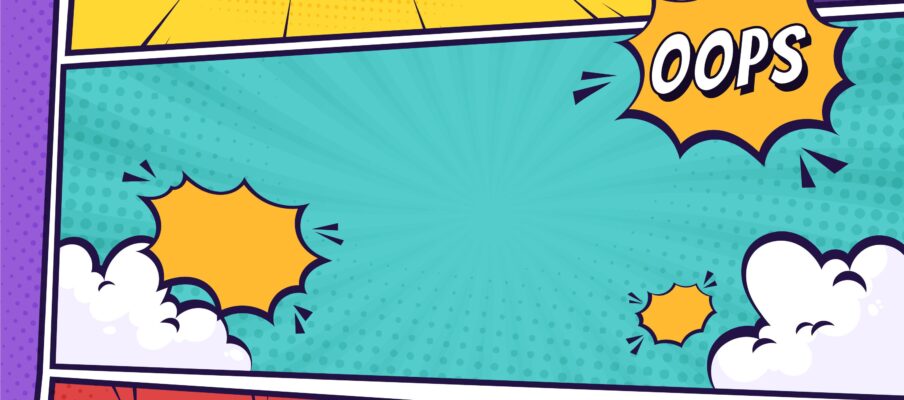Education is a dynamic and ever-evolving field, constantly adapting to meet the needs of a changing society. While textbooks and traditional teaching methods have long been the backbone of education, literature has emerged as a powerful tool for fostering intellectual growth and sparking lively discussions. In this article, we delve into the enriching realms of education, exploring how literature not only reflects the current trends and innovations in education but also serves as a catalyst for personal and societal transformation.
Unleashing the Potential of Literature in Education
Literature, with its vast range of genres and styles, offers an unparalleled window into the human experience. It serves as a bridge between different cultures and time periods, immersing readers in worlds far beyond their own. Books have the unique ability to captivate hearts and minds, nurturing empathy, critical thinking, and creativity in students of all ages.
In recent years, educators have begun incorporating diverse and inclusive literature into their curricula, recognizing the transformative power of representation. By including books that reflect marginalized voices, students can develop a deeper understanding of different perspectives, breaking down prejudice and fostering empathy. Through literature, students can engage with characters who look and sound like them, as well as those who differ from them, broadening their horizons and challenging their preconceived notions.
From Classical to Contemporary: Literature’s Evolution in Education
The role of literature in education has transformed alongside advancements in technology. While the classics have long held a prominent place in school syllabi, the inclusion of contemporary literature has gained traction in recent years. This shift allows students to navigate the ever-changing world around them, grappling with issues that resonate with their own lives.
Moreover, the rise of digital platforms and e-readers has expanded access to literature in educational settings. Online libraries and audiobooks ensure that a wide variety of texts can be enjoyed by students, regardless of their geographical location or economic circumstances. This accessibility opens doors to new narratives, ensuring that students from diverse backgrounds can explore literature that reflects their experiences and encourages personal growth.
The Societal Impact of Books: Empowering Minds, Transforming Communities
Books not only have the power to shape individual minds but also to transform communities and societies. When students are exposed to literature that tackles social issues, they develop a heightened sense of civic responsibility and are encouraged to engage in meaningful discussions. By studying works that explore topics such as racism, environmentalism, and social justice, students become active participants in shaping a better future.
Furthermore, literature serves as a catalyst for social change. Historical novels, memoirs, and dystopian fiction, for instance, can shed light on the consequences of societal actions or inactions. Through this lens, students gain the critical tools necessary to question societal norms, challenge injustice, and advocate for positive change.
Conclusion: The Enduring Legacy of Literature in Education
In the ever-evolving landscape of education, literature remains an essential vehicle for intellectual growth, empathy, and social change. By engaging students in a diverse array of texts and perspectives, educators ensure that classrooms become vibrant spaces for exploration, debate, and growth.
To fully harness the power of literature, we must continue to push the boundaries of traditional education, embracing innovation and inclusivity. As new voices find their place in the literary canon, and as technology continues to reshape our relationship with written words, the potential for literature to shape education becomes boundless. Let us embrace this enchanting journey and empower the minds of future generations through the magical worlds of books.




